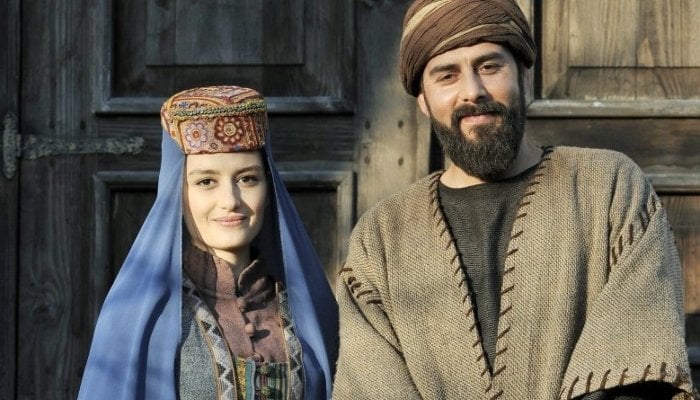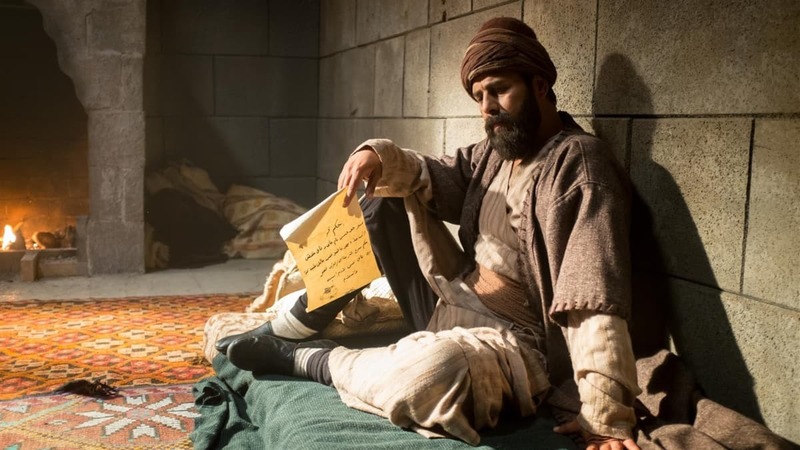
“The East was an attempt to rise above the body,” wrote Saleem Ahmed in his monumental poem Mashriq Har Gaya. According to Ahmed, the East was a symbol of the spirit as opposed to the West which represents the body and its desires.
It is true that religion reigned over Europe for over 1,000 years between 500 AD and 1,500 AD – a period that the West now generally looks at with contempt – and Europe then was also a land of mystics, hermits and recluses.
However, the fire of spirituality that burned in the temples and hermitages of the West during the mediaeval time was lit by the Judeo-Christian tradition. The epicenter of this spirituality was in the East, the land of prophets and avatars and the birthplace of the world’s greatest religions.
So it was the East where the prince of Kapilavastu left his palace in search of nirvana; where Ibhrahim of Balkh abandoned his throne and became a vagabond and where Yunus, the judge of Nalihan, hung up his spurs to cut firewood for a monastery.
But the power to voluntarily renounce wealth and authority was not the pinnacle of the East’s spiritual prowess. The East knew that this renunciation was just the beginning of an arduous struggle with oneself and that the real feat was to renounce one’s own desires and ego.
Seen through this prism, Mehmet Bozdag’s 2015 drama serial Yunus Emre: Aşkın Yolculuğu is not just a historical and biographical sketch of one of the greatest Turkish mystic poets. This drama depicts the spiritual prowess of the East – its ability to renounce both worldly possessions and worldly desires.
Yunus Emre is also the story of the internal fight that precedes both of these renunciations. But above all, Yunus Emre is the story of love that is a prerequisite to pick up this fight and to win it.
Love is the meeting point
Yunus falls in love with Bacim Sultan. Zahide falls in love with Yunus. But Yunus’s love for Bacim is overshadowed by his love and devotion for his spiritual guide and mentor Sheikh Tapduk Emre, who is incidentally father of both Bacim and Zahide.
Sheikh Tapduk leads Yunus to God, where all love converges. All love has a single source. Every beauty is a reflection of the beauty of God.
And love permeates the entire show. It is in the air of Nalihan, the small town where Yunus Emre lives. It walks in its bazaar and wanders in its alleys; it is its golden light that fills its houses in the morning.
It is in the zikr of dervishes, in the nightly sermons of Sheikh Tapduk Emre and in the divine poems that ultimately pour forth from the mouth of Yunus on the culmination of his spiritual journey.
Aesthetic harmony

The background scores of the show are haunting and they also seem to represent different states of love – from elation of pure love to the pangs of grief caused by separation.
Yunus Emre is unique in the sense that it narrates an experience that is totally absent from the media output churned out by entertainment giants such as Hollywood and Bollywood.
Things that may come closer to it are some productions by the Pakistan Television (PTV) particularly Manchalay Ka Sauda, a drama serial written by Ashaq Ahmed and aired in 1996.
Yunus Emre, however, presents a far more authentic and faithful description of traditional Sufi practices, different stages of rah-e-sulook – the spiritual path – and the trials and tribulations that a Sufi has to face at every stage.
Turkish actors Yusuf Gökhan Atalay and Payidar Tüfekçioglu – who respectively played Yunus Emre and Tapduk Emre in the serial – have immortalised the 13 century mystic poet and his spiritual guide in the popular imagination.
Yunus Emre is a must watch for all those who want to take a look at Islamic mysticism. It has the power to leave a lasting impression. It has even the power to change lives.
Have something to add to the story? Share it in the comments below.
COMMENTS (3)
Comments are moderated and generally will be posted if they are on-topic and not abusive.
For more information, please see our Comments FAQ

1725877703-0/Tribune-Pic-(5)1725877703-0-165x106.webp)



-(1)1730443275-0/Copy-of-Untitled-(60)-(1)1730443275-0-270x192.webp)

1730095495-1/WhatsApp-Image-2024-10-28-at-11-04-18-(1)1730095495-1-270x192.webp)









My husband and I have been transfixed by this film. It is beautiful to watch incredibly slow moving - one review we read said it moved at a glacial pace - but such a relief from the shallow fast-paced norm that is film- making of today. The BIG problem is the translation It makes no sense in many places which is a shame when so much effort has gone into such an unusual film. It would be great to get better English subtitles.
I found the series very moving and much of the depiction of life in a Sufi dergah or khanqah very authentic. Also the relationship between shaikh and student is true. But the sub-titles were poor and got much worse in the second season -- a complete shame on the part of Netflix. What Tapduk Emre shares in his evening talks is complex and deep and very difficult to follow in the subtitles. These should be corrected
Such a well written review Saad bhai